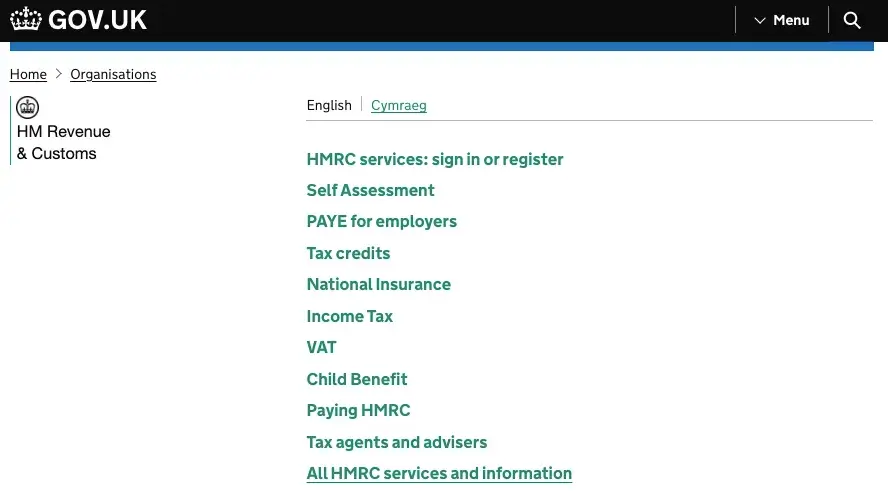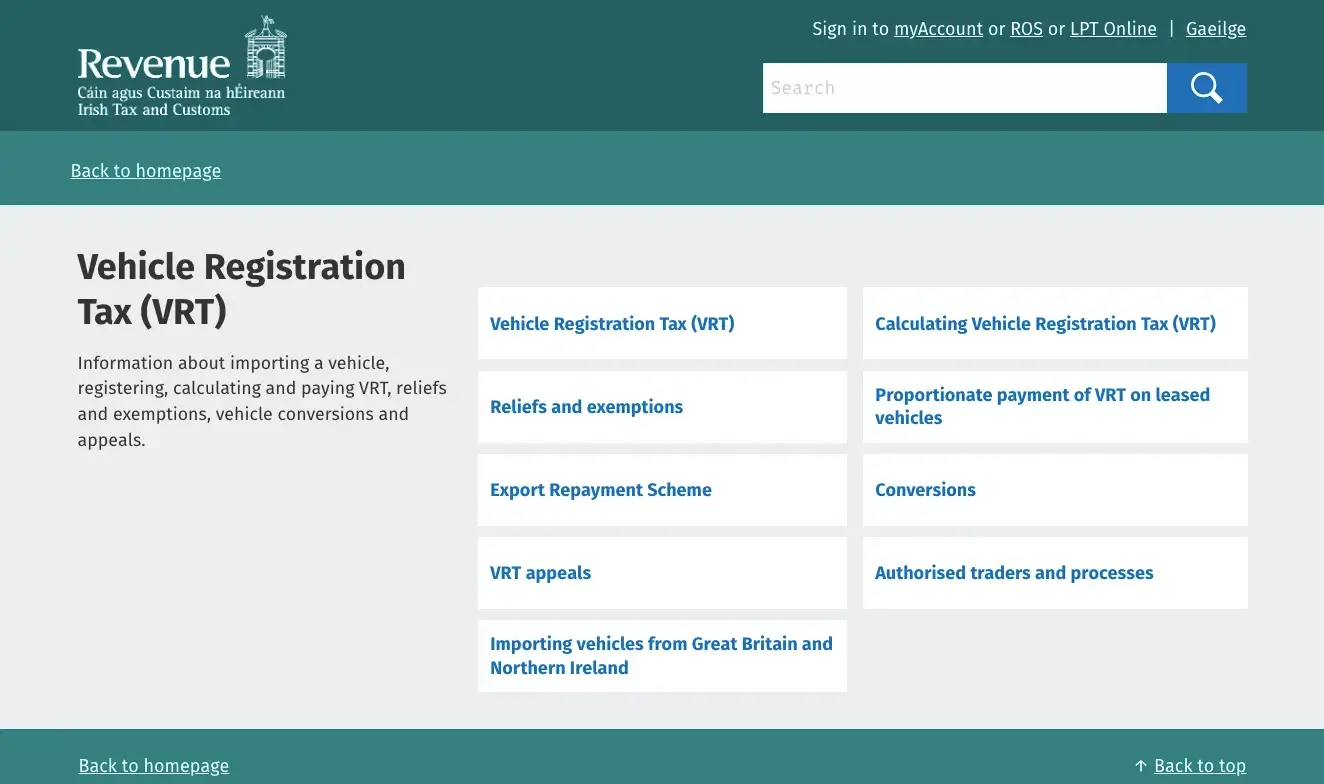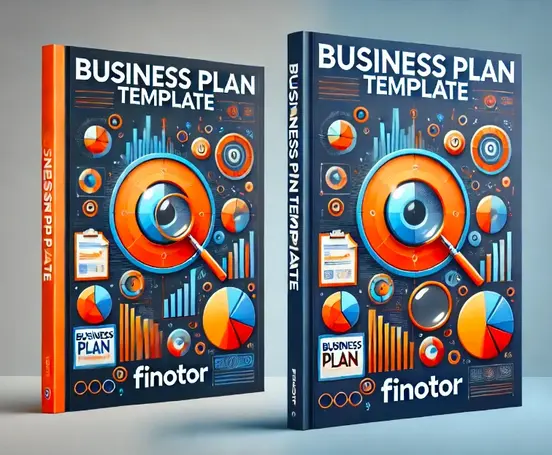Contents
- 1 Understanding Tax Obligations for Sole Traders
- 2 Registering for a Tax File Number (TFN)
- 3 Keeping Accurate Business Records
- 4 Determining Taxable Income
- 5 Lodging Business Activity Statements (BAS)
- 6 Goods and Services Tax (GST) Considerations
- 7 Paying Income Tax
- 8 Tax Planning and Minimizing Tax Liability
- 9 Seeking Professional Advice
- 10 Being a Sole Trader in Ireland
- 11 Conclusion
- 12 Frequently Asked Questions
The most important thing for a sole trader how to pay tax is to respect the rules and remain in compliance with the laws and demands of the tax authorities.
Taxes for sole traders and your own business can be intimidating, but we’re here to help! It’s essential to understand what must be done.
- Register with HM Revenue & Customs (HMRC) within three months of starting up. Online or call their helpline. Get a Unique Taxpayer Reference (UTR) for further communication.
- Keep accurate records of your income and expenses. Use software or hire an accountant to keep everything organized.
- Submit a Self Assessment tax return before the deadline – 31st January online. Include earnings, expenses, and other income sources.
- Calculate taxes and National Insurance Contributions (NICs). Class 2 NICs are fixed weekly amounts, while Class 4 NICs are based on your annual profits. Set aside funds for payments.
Understanding Tax Obligations for Sole Traders

It’s essential to register with HM Revenue & Customs (HMRC). This lets you declare income and expenses. Keeping track of financial transactions helps calculate taxable profit. Submit a self-assessment tax return yearly.
National Insurance contributions (NICs) are the next step. This amount varies based on profits and personal circumstances. Determine which NICs class applies and pay up.
Tax relief can save money. Knowing what’s allowed as an expense lowers taxable profit. Examples are travel and equipment related to business.
Sophie, a freelance graphic designer, faced difficulties understanding her taxpayer responsibilities. Professional advice and research gave her confidence in managing her tax affairs. This shows the importance of knowing about tax obligations and taking steps to comply.
Registering for a Tax File Number (TFN)
Registering for a Tax File Number (TFN) is essential for sole traders. It’s necessary to legally operate your business and pay the correct amount of tax. Here’s a 5-step guide to help:
- Visit the ATO website. Navigate to the TFN registration area.
- Complete the online form. Enter personal details, business name, contact info.
- Provide documents. Upload ID, proof of address, etc.
- Submit the application. Double-check all the info and click submit.
- Wait for confirmation. This usually takes 28 days, but could be longer.
Note: If you already have a TFN from other work or activities, you can use it for your business. Also, keep your TFN private and only share with trusted entities.
Fun fact: In 1999, Australia introduced an online system for getting a TFN. This made the process more efficient for sole traders. Since then, many individuals have registered their TFNs online, meeting their tax obligations with ease.
So, file your receipts in an organized ‘business records’ graveyard and banish tax nightmares!
Keeping Accurate Business Records
John, a self-employed plumber, learned the importance of accurate record-keeping the hard way. He failed to keep detailed receipts for his equipment purchases in his first year of business. And when tax season came, he couldn’t claim legitimate deductions that would have lowered his tax liability.
For sole traders, it’s crucial to stay organized with business records. Here are three key tips:
- Record all financial transactions.
- Organize documents systematically.
- Maintain a detailed log.
- Pay income tax
Plus, it’s important to reconcile accounts regularly. This helps compare financial records with bank statements and rectify discrepancies.
Accurate records also provide insights into the financial health of the business. Use them to analyze profitability, assess growth opportunities, and make informed decisions.
Determining Taxable Income
Taxing income is essential to understand as a sole trader. To figure it out:
- First, add all your money earned from business activities. This includes sales, fees, commissions and other sources connected to the business.
- Next, deduct allowable business costs from total income. These could include rent, bills, office supplies and travelling expenses. It’s important to keep records for taxes.
- After deductions, you get the ‘taxable profit’ – this is the amount you must pay tax on.
- As a sole trader, you must pay Income & National Insurance taxes on taxable profit. Rates and thresholds change yearly, so stay updated with HMRC.
For best results, get professional help from an accountant or tax adviser. They will help you calculate taxable profit and take advantage of deductions & allowances – that way you can manage taxes and maximize profits.
Lodging Business Activity Statements (BAS)
Sole traders must lodge their Business Activity Statements (BAS) to comply with tax rules. This statement has info about the business’s activity and taxes due like income tax.
It’s vital to keep accurate records of money transactions. This includes invoices, receipts, and other documents.
Timely & accurate lodgment of BAS is crucial for fulfilling tax obligations as a sole trader.
Fun Fact: The HM Revenue & Customs (HMRC) administers taxation in the UK, including lodgment of Business Activity Statements. GST: Professional juggling required for successful sole traders!
Goods and Services Tax (GST) Considerations
When it comes to being a sole trader, there are certain Goods and Services Tax (GST) considerations. Here, we’ll give some details about GST and its impact on sole traders.
Key Points:
- What is GST? GST is a value-added tax on goods and services provided by businesses in the UK.
- Threshold for VAT registration? If your annual turnover exceeds £85,000, you must register for VAT.
- Charging VAT on goods and services? Sole traders must charge VAT on their products or services if registered for VAT.
HMRC has guidelines on registering for VAT and the duties of a sole trader. For more info, check the official HMRC website or get professional advice.
GST was introduced in 1973 to simplify the UK’s taxation system. Since then, it’s been crucial in generating revenue and ensuring fairness in taxation.
The goal of this overview on GST is to help people understand their obligations and responsibilities when it comes to taxation. It’s important to stay informed on tax regulations as a sole trader. Pay your income tax on time, or you may be audited!
Back to Top Sole Trader National Insurance Contributions (NIC) Sole traders are currently required to pay two forms of National Insurance Contributions: Class 2 and Class 4 .
Paying Income Tax
As a sole trader, you must pay income tax – a crucial obligation not to be ignored! To accurately calculate and report your income to HM Revenue and Customs (HMRC), you need to keep records of your business income and expenses.
This includes profit and loss statements and balance sheets. You must also register for self-assessment with HMRC, and receive a Unique Taxpayer Reference (UTR) number.
Tax Planning and Minimizing Tax Liability
Tax planning and reducing tax liability involve strategic financial decisions aiming to decrease the amount of tax sole traders have to pay to HM Revenue and Customs (HMRC). Here are six key points to consider:
- Work out the most beneficial business structure: Selecting the correct legal structure, e.g. a sole trader or limited company, can affect your tax liability. Get professional advice to make sure you pick the most tax-efficient option.
- Keep exact records: Having precise and up-to-date financial records is important for efficient tax planning. It helps you monitor income, costs, and deductions precisely, ensuring you use all eligible tax reliefs.
- Make use of allowable expenses: Work out all legitimate business expenses which can be deducted from your taxable income. This includes costs related to office supplies, travel, marketing, and professional services. Keeping receipts and documentation is essential for backing these claims.
- Utilize tax allowances and reliefs: Stay informed about applicable tax allowances and reliefs available to sole traders. Examples include the annual investment allowance for capital expenditures or claiming expenses for using your home as an office.
- Optimize timing of income and expenses: Knowing when to recognize income or postpone certain expenses can influence your taxable profits in a given accounting period. By smartly managing this timing, you could reduce your total tax liability.
- Ask for professional guidance: Consulting with a qualified accountant or tax advisor who specializes in helping sole traders can bring valuable insights into optimizing your tax planning strategies. They can help find specific opportunities based on your unique circumstances.
To further improve your understanding of how to minimize tax liability as a sole trader, it is essential to continually stay updated on changes in tax legislation that could affect your obligations. Keeping up-to-date ensures compliance while maximizing potential savings.
Pro Tip: Think about utilizing software specifically designed for tracking finances and generating reports tailored to sole traders’ needs. These tools not only ease record keeping but also help calculate taxes owed accurately.
Don’t be scared to request professional help when it comes to paying your taxes as a sole trader – unless you want to become close friends with the IRS, of course.
Seeking Professional Advice
Death, taxes, and sole traders – these are the only certainties in life. Paying taxes can be daunting, so here are 3 key points to consider:
- Expertise: Get professional help from specialists in sole trading. They know the ins and outs of tax regulations.
- Compliance: Professionals can make sure you know your obligations and help prepare accurate returns. They can also suggest expenses and deductions to make your tax status more efficient.
- Peace of mind: With professional advice, you don’t have to worry about costly mistakes or penalties. You can focus on running your business.
Remember, even with help, you still need to understand your records and obligations. Seek out a tax advisor who can help you with the complexities and improve your finances.
Being a Sole Trader in Ireland
In Ireland, for example, sole trader tax and and more generally taxes are paid to the Revenue (revenue.ie). Corporation tax, PRSI, VAT, income tax, etc. must be declared and paid directly to this administration.
For a sole trader in Ireland, your responsibilities You’ll need to: keep business records and records of expenses send a Self Assessment tax return every year pay Income Tax on your business profits and pay corporation tax.
The Sole Trader often wonders how much tax is?, so, it is strongly recommended to be accompanied by an accounting firm such as Neotoria in Ireland, which uses Finotor‘s solutions to manage your tax bill and your self employed income. You can also ask for advice on managing your personal allowance and business expenses.
The most important point for a company in Ireland is to pay corporation tax at 12.5% on taxable profits at the balance sheet date.
The Irish Limited, a tax alternative
The downside of Sole Trader status is that there is no limited liability. Often, as the business grows, the business owner changes its status to Irish Limited.
You can set up your company in Ireland remotely with Société-France-Irlande. A French-speaking consulting firm in Ireland.
Conclusion
In conclusion, tax payments for sole traders need careful thought.
- Firstly, make sure you work out your taxable income properly, to fulfill your tax duties.
- Additionally, keep a record of all expenses and income; this will help you claim any deductions you’re eligible for.
- Plus, review your taxes frequently, and get specialist advice to maximize your tax payments.
Remember, staying organized is key to successful tax obligations.
As a last thought, use online accounting software. This will help you track finances and generate accurate tax reports, saving time and avoiding errors.
Frequently Asked Questions
1. How do I register as a sole trader for tax purposes?
To register as a sole trader for tax purposes, you need to inform HM Revenue and Customs (HMRC) by registering for self-assessment. You can do this online through the HMRC website or contact their helpline for assistance.
2. When do I need to pay my tax as a sole trader?
As a sole trader, you are required to pay your tax by the self-assessment deadline, which is usually January 31st following the end of the tax year. Additionally, you may need to make payments on account towards your next year’s tax bill in January and July.
3. How do I calculate my tax as a sole trader?
To calculate your tax as a sole trader, you will need to deduct your allowable expenses from your total income to determine your taxable profit. You will then apply the applicable tax rates and any tax allowances or reliefs to calculate your final tax liability.
4. What records do I need to keep for tax purposes as a sole trader?
As a sole trader, it is important to keep detailed records of your business income, expenses, invoices, receipts, and bank statements. These records will enable you to accurately complete your self-assessment tax return and provide evidence in the event of an HMRC audit.
5. Can I claim tax deductions as a sole trader?
Yes, as a sole trader, you can claim tax deductions for various business-related expenses, such as office rent, travel costs, advertising, and professional fees. It is essential to keep receipts and records to support your claims.
6. What happens if I fail to pay my taxes as a sole trader?
If you fail to pay your taxes as a sole trader, HMRC may impose penalties and interest on the overdue amount. It is advisable to contact HMRC as soon as possible if you are unable to pay on time to discuss payment options or arrange a payment plan.









